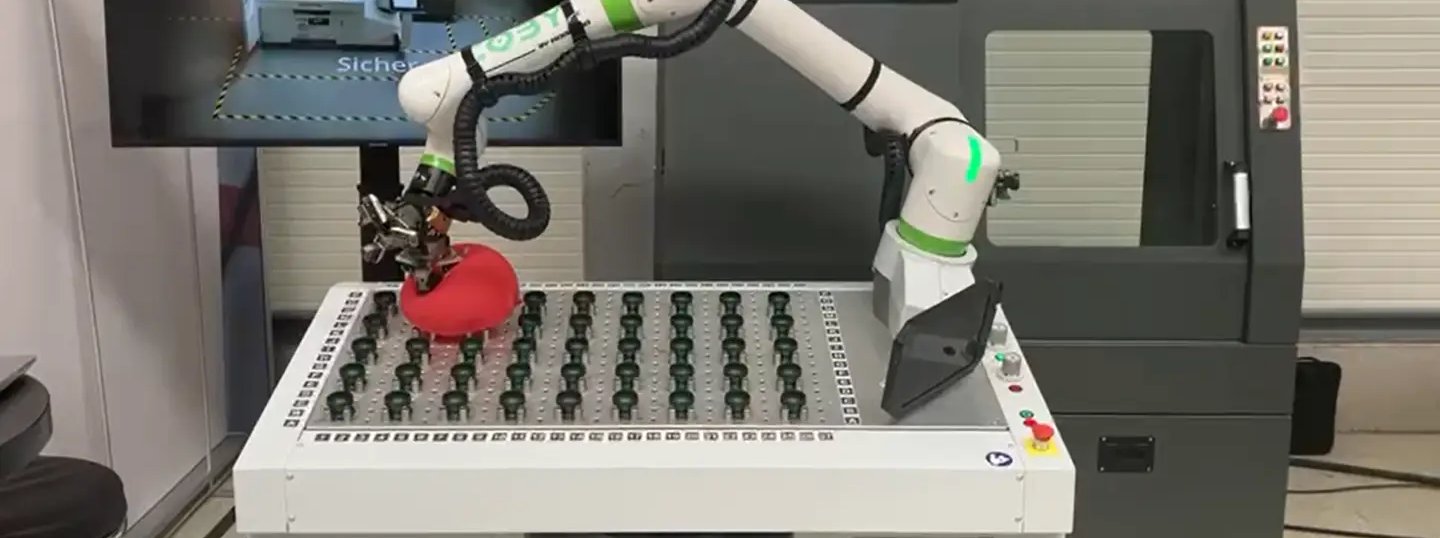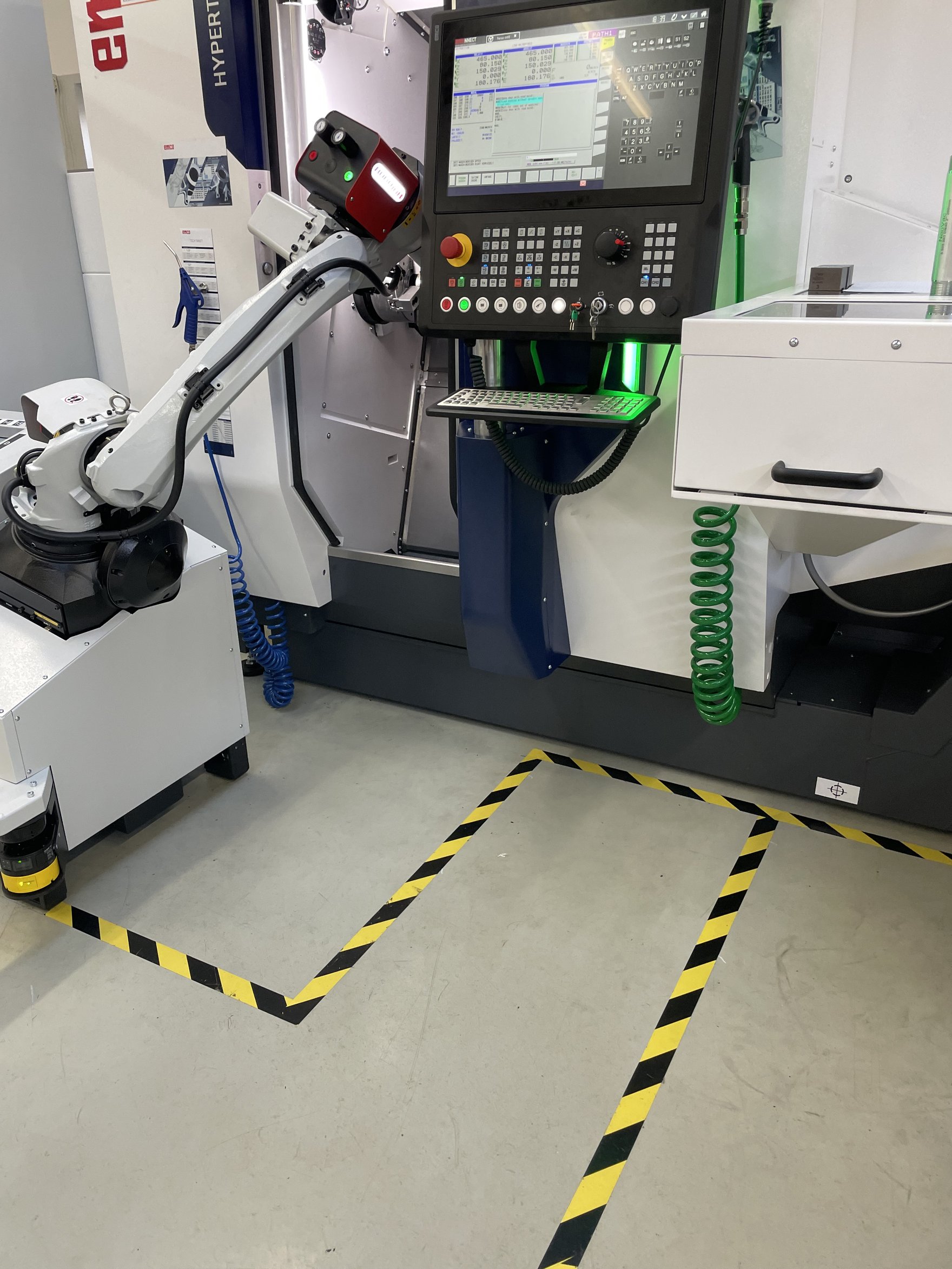
CNC Machine Shop Safety: Workforce Repetitive Task Reduction
CNC Machine Shop Safety: Workforce Repetitive Task Reduction
Read Time: Less Than 2 Minutes
Word Count: 409 Words
Key Takeaway: Machine Shop Safety Must Improve, and We Can Help.
Machine shops do not rank highly on a list of safest work environments. According to the U.S. Bureau of Labor Statistics, just over three injuries occurred per every 100 full-time machine shop workers in 2019.
Workers that operate machinery experience approximately 18,000 amputations, crushing injuries, lacerations, and abrasions each year/ Why are machine shop injuries so common? It comes down to two main reasons: dangerous work environments and repetitive tasks.
In recent years, the manufacturing industry has worked hard to create a safer workspace for machinists and other shop employees. Due to the nature of the work, it only makes sense for industry professionals to be cautious.
However, it's important for shop owners to ask themselves if they are indeed making safety a priority. Heavy machinery and hazardous materials pose a threat, but using light equipment and completing repetitive tasks can also be dangerous. With more monotonous tasks, it becomes easy for an employee to be less cautious, and the resulting injury can not only be extremely painful but potentially life-threatening. Further, completing the same physical tasks day after day (loading and unloading parts, for example) can cause sprains, strains, and even musculoskeletal disorders that lead to long-term disability.

Safety Zones Are Clearly Marked. Zone One Slows Robot Pace. Zone Two Stops the Robot and Will Restart When the Worker Leaves Zone Two. Zone Three Immediately Stops the Robot and Requires a Manual Restart at the Console.
Many machine shops across the United States are adding robotics to their CNC operations for the added benefits concerning safety. RoboJob-USA is proud to prioritize safety by implementing three safety zones around our robots. A safety scanner detects workers and can speed up and slow down operations to accommodate them.
Our robots work to minimize workplace injuries and allow for seamless and efficient production without compromising workplace safety. RoboJob units have clear, see-through safety barriers so machinists can see what occurs during production without constantly having to get unnecessarily close to heavy machinery.
Our robots also take care of the repetitive tasks on a machine shop floor, which minimizes the strain on machinists and allows them to focus on the less dangerous, more creative tasks.
Overall, it's clear that making machine shops 100% safe will be a long journey. However, it is our duty to prioritize the safety of machinists and their industry professionals. With robotic automation, it's possible to increase safety measures for all workers without compromising efficiency or obstructing production.